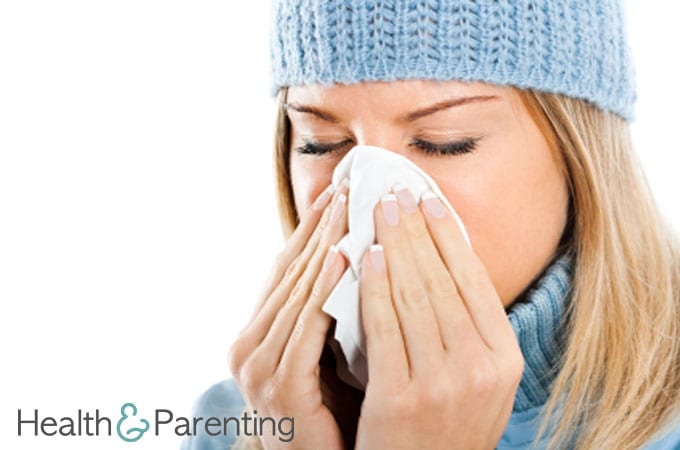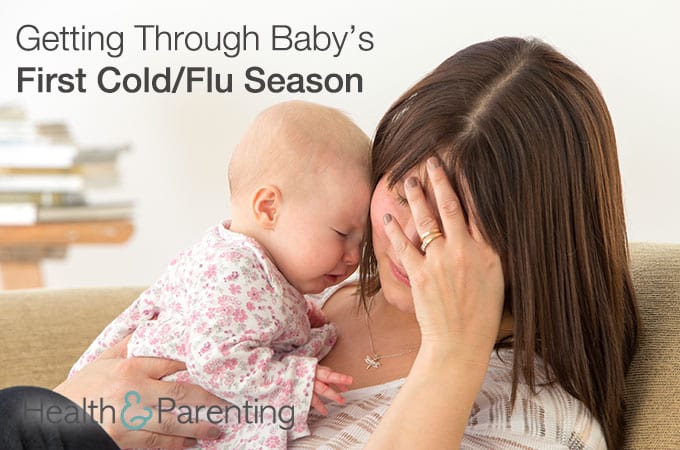The flu is a highly infectious virus. It tends to occur seasonally, and is usually around during the winter months. During pregnancy, your weakened immune system means you have an increased risk of catching flu. The weakened immune system also puts you at a greater, though still very small, risk of developing complications if you do contract the virus.
Flu vaccine during pregnancy
Pregnant women are offered the flu vaccine each year. Usually offered in the fall, it takes a couple of weeks for you to develop an immunity after the shot. The flu vaccine is considered safe to administer at any point during pregnancy. There is no need to wait until your second trimester, as the vaccine is considered safe even during early pregnancy.
If you have not been offered the flu vaccine, speak to your healthcare provider to find out why. It is not possible to catch flu from the vaccine, although you may experience some mild side effects that mimic flu symptoms. As with all vaccines, there are a number of possible side effects, please ask your healthcare provider about these before being vaccinated. There is a nasal spray flu vaccine available, but this is not suitable for use during pregnancy.
Symptoms of flu
If you contract flu, you will experience a fever of over 38C/100.4F, and at least two of the following symptoms:
- runny nose
- headache
- sore throat
- tiredness
- loss of appetite
- muscle aches
- cough
- shortness of breath
- diarrhoea or vomiting
The potential complications of suffering from flu during pregnancy include pneumonia, dehydration and difficulty breathing. If you think you may be suffering from flu, contact your healthcare provider for advice.
Treatment for flu during pregnancy
The following tips may help you to manage your flu symptoms:
- get plenty of rest
- increase your fluid intake
- eat little and often
- use cold flannels to lower your temperature
- speak to your pharmacist for advice on which over the counter medications are safe to take during pregnancy
When to call your healthcare provider
Pregnancy puts you at a slightly increased risk of a number of complications. For this reason, it’s important to seek immediate medical help if you notice any of the following symptoms:
- difficulty breathing
- shortness of breath
- coughing up a bloody mucus
- turning blue
- pressure or pain in your chest or abdomen
- dizziness
- severe vomiting
- reduced foetal movements
- a high fever that cannot be lowered with over the counter medications
Written by Fiona (@Fiona_Peacock), mother, writer and lover of all things baby related.
This information is not intended to replace the advice of a trained medical doctor. Health & Parenting Ltd disclaims any liability for the decisions you make based on this information, which is provided to you on a general information basis only and not as a substitute for personalized medical advice. All contents copyright © Health & Parenting Ltd 2018. All rights reserved.













